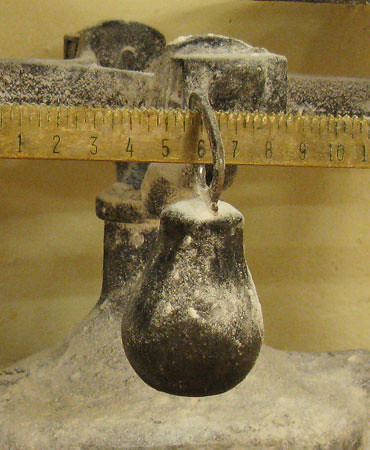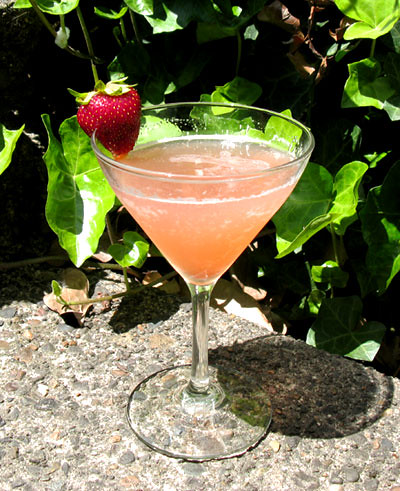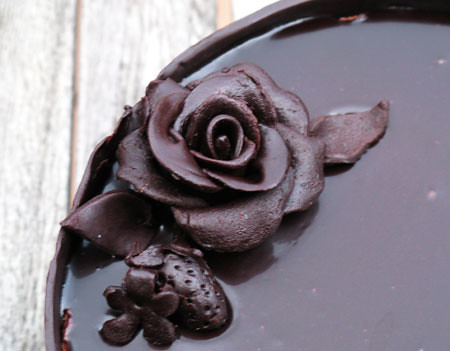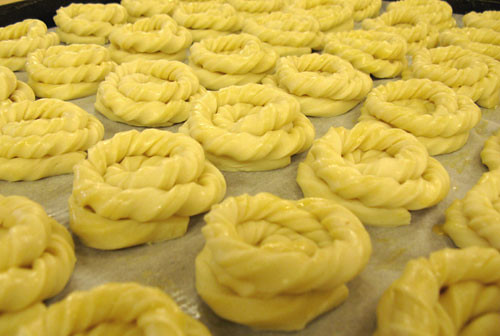 Five years ago this month, I changed careers.
Five years ago this month, I changed careers.How do you articulate a life changing event? An incident so personal, so entwined with the person you become, regardless of success or failure?
My first day I was delirious. Giddy. High as a kite and soared on that emotion for hours afterward. I have a record of it somewhere in the bowels of the internet and reading it this week, I smiled.
Someone asked me last weekend what it was like, to work in the business. He wasn't sure if he could handle the work. Was it really like what they show on tv? Could it really be that bad?
No, I said. It could be a helluva lot worse. It could be sitting on the side of a major city road during rush hour repairing a cake the fell over inside of the car on the way to an event. It could be going to work at midnight to be ready for a six am shop opening on the day of Christmas Eve. Discreetly ignoring the boss's drug use. Putting your feet up during the train ride home in hopes that you will still be able to walk on them when your stop arrives, if you don't fall asleep and miss your stop. The sinking feeling when you find out that because of business your hours are going to be cut, again. Keeping your head down, continuing to work and saying absolutely nothing while someone has a complete meltdown next to you. Days where you see no daylight. Nights that seem inhumanly hot, humid and endless. Equipment failures that happen at all the wrong times and menial, repetitive tasks that you perform (hopefully) perfectly, endlessly, day in and day out. Having that insane compulsion to push longer, harder, no matter the circumstances, for no good reason other than personal pride.
So, he said, after I wound down, Do you like it?
No. I love it.
Still.








